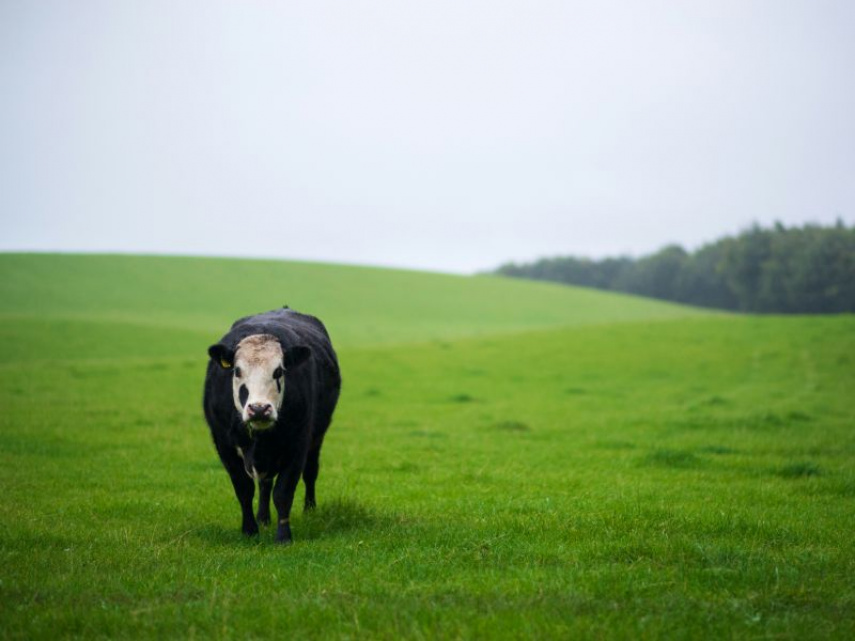
When Disputes Cost More Than Money
Peter MacDougall
I was recently discussing a case which came up some years ago, I’ll not go into specifics, but the case centred around a dispute between a landlord and a tenant over what amounted to a difference of opinion. Unfortunately, this is not uncommon when negotiating the complexities of the Agricultural Holdings Legislation. Legal representation was secured, and an application was made for the issue to be decided in the Land Court. Both parties became entrenched in their position and concluded that litigation was their only option. After a long drawn-out case the outcome was a decision roughly half way between the positions of the landlord and tenant. I didn’t see the full extent of the costs involved but I have been assured they were eyewatering. They received a decision that both sides could live with but at what cost? I would be interested to know the reflections of both parties and whether they would do the same again.
There are a huge number of issues that can lead to disputes between landlords and tenants in the Agriculture sector, the Agricultural holdings legislation is complex, it’s difficult to interpret, and the foundations are over 100 years old. At the Scottish Land Commission we speak to many landlords and tenants who are in dispute. These range from very small issues to fundamental differences. It is always concerning when a dispute escalates to the point of litigation. While we recognise some aspects of the legislation require a determination to clarify them, in many cases there is a compromise that could be found. Litigation is expensive, time consuming, and antagonistic which can badly damage a working relationship. It’s important to remember that after a case concludes in most instances parties will still have to work together for many years, and sometimes generations, to come. So, there can be more than just a financial cost to count when the dust finally settles.
Unfortunately, many problems can be traced back to a breakdown in communication. At the Commission we have several tools to help with preserving and building strong working relationships. Some of the most productive tenant farms I have visited are those where the relationship between landlord and tenant are strong therefore it is important to recognise the value in it and look after it.
Since it was established in 2017, we have worked to develop Codes of Practice and Guidance to help with many of the key tasks essential to managing a tenancy. While they can’t solve every problem, they are very useful in informing parties with their rights and responsibilities as Landlord and Tenant.
The Scottish Land Commission also runs a mediation scheme which is open to landlords and tenants to receive support when resolving disputes. A mediation involves a third party, a mediator, who has no vested interest in the outcome whose role it is to help parties reach a mutually acceptable outcome. Mediation can cover a range of issues, and the process is flexible and can be tailored to suit the situation. Mediation differs from other forms of dispute resolution as the mediator does not prescribe or suggest solutions. The mediator works with parties to identify a way forward that both sides can accept. The process is entirely voluntary therefore you can withdraw from the process at any time. I would encourage any landlord or tenant who is in dispute to consider mediation as a first step before going to litigation. And I would also promote mediation as a tool to use as soon as issues arise and negotiations start to struggle. If those involved are invested it can work well
The Scottish Land Commission maintains a panel of mediators and under the Mediation scheme offers a contribution of £1000 towards the fee of the mediators. If you would like to find out more about mediation you can contact us on the number below or visit our Mediation Scheme page to find out more about the scheme.
Disputes are difficult, we can’t pretend otherwise, but sometimes litigation can have costs far beyond the financial ones and often the result will be a compromise for both parties. I like to believe this could be achieved through negotiation and mediation may offer assistance to achieve it.
The Tenant Farming Helpline can be contacted by emailing tfc@landcommission.gov.scot or by phoning 01463 423300.
